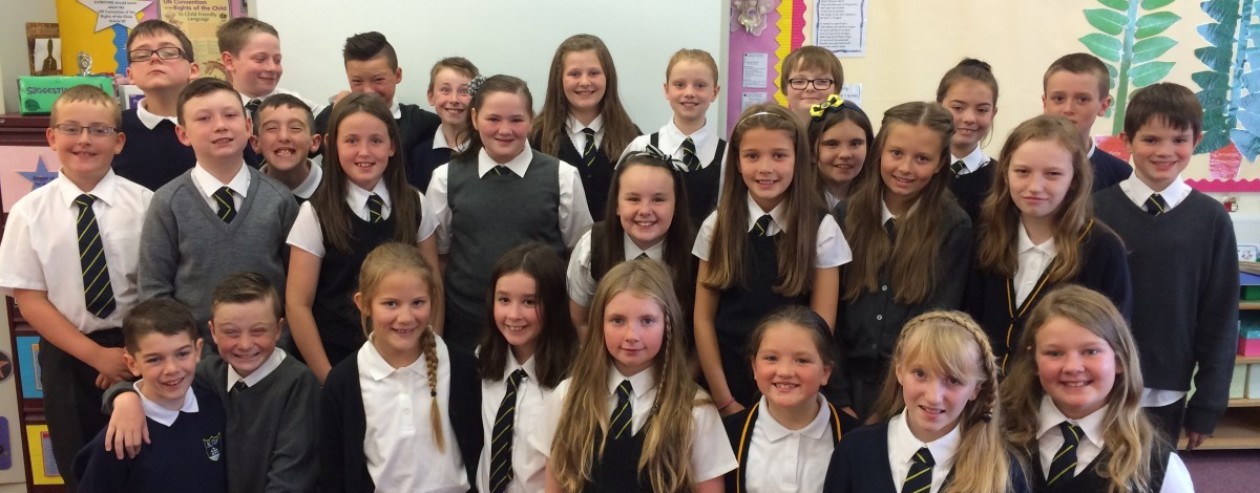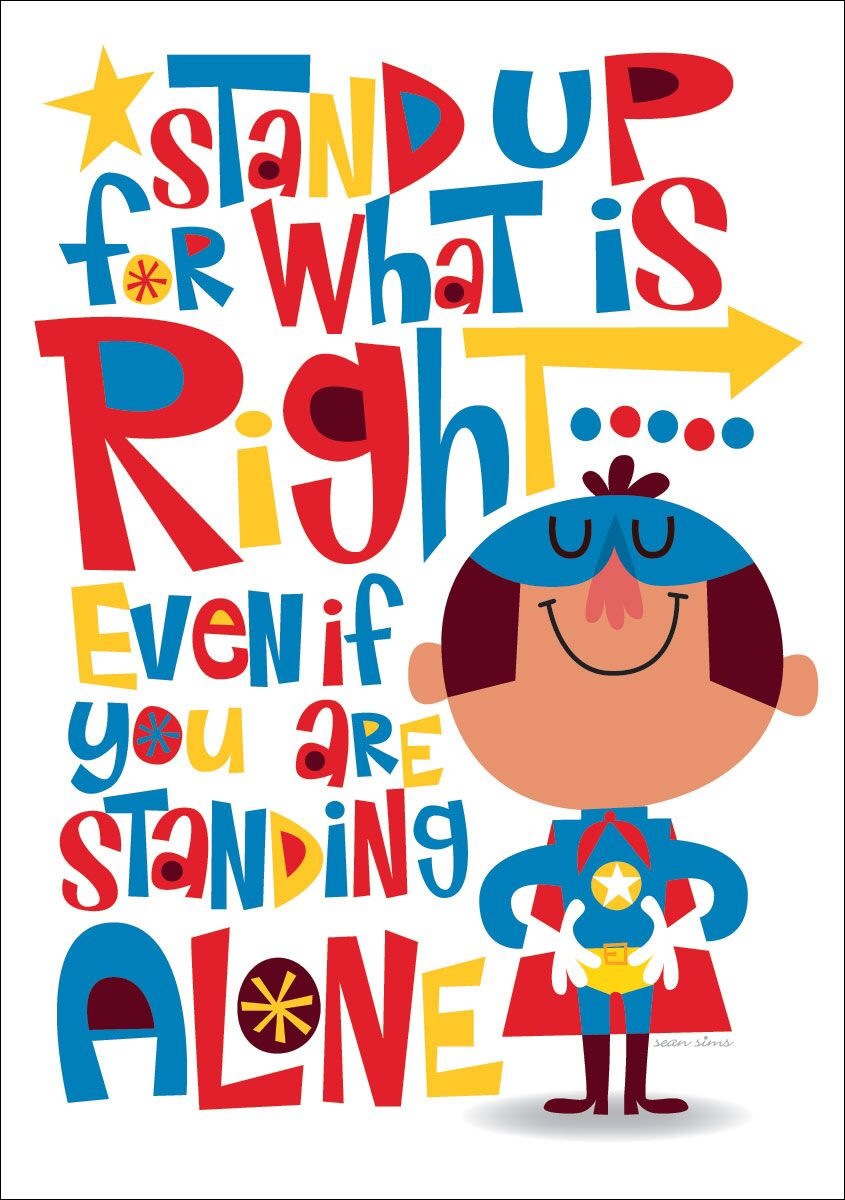We have an important job as Playground Pals to ensure that we help to make sure that Gourock Primary Pupils are engaged in fun and active games during intervals.
That is only one part of our job, as you know. The other very important responsibility we have is to be there for others if they are finding it difficult to resolve a disagreement with a classmate or peer.
We have been looking at how to facilitate restorative conversations.
What are the key things you should remember when you are having a restorative conversation?
What is the role of the facilitator?
Have you found that having been taught these skills that resolving disagreements by yourself is easier? Why?




You need to let the other person speak even if you don’t agree with their side of the story. It is also important that you are nice to the other person during the conversation and don’t say bad things about their side. If you are the facilitator you need to not take sides and let each person speak.
The facilitator needs to take charge of the conversation and make sure that each side is heard . Even if their friend is one of the sides they need to make sure that they listen to the other story and not stand up for their friend. By the end of the conversation, the facilitator needs to have successfully made sure that the argument is forgot about and no one is un happy.
Being taught this has helped me be the facilitator in a restorative conversation between Libby and Jenna, in the end everyone was happy and I followed the rules of being a good facilitator. I hope this helps in the future as well.
You should not take sides and let everyone have a chance to speak. The role is to stop them having any more arguments in the middle of the conversation.
I’ve not tried to use this skill yet because I dont really argue with people but I think I will try it the next time my sisters are arguing.
The key things you should remember when you are having a restorative conversation, is to never take sides when anyone is in a argument or a fall out. Remember to consider both points of view. Each side will feel as strongly as the other and it is important that both opinions get heard.
The role of the facilitator has a really important job because they have to control the argument and make sure the fall out does not get worse. The facilitator has to make it fair for both sides. They have to make sure that both sides get a chance each to discuss what has happened and how it has affected them. The facilitator should try to bring the disagreement to an end and with everybody friendly again.
I have found that having been taught these skills, resolving disagreements by myself is easier. Whilst taking part in playground pals, and when I get into my own fights, (with my brother), we have to solve the problem or disagreement. Once during playground pals a few primary ones were fighting over a hula hoop so that’s when I came in handy. I asked them what the problem was and they both blamed each other for taking the hula hoop off the other. I told them that they had to share the hoop by taking it in turns or play with it together. Then they shared the hoop and played together nicely for the rest of lunchtime.
When having a restorative conversation the key things to remember are that the facilitator should consider each side and stay impartial even if one side of the argument is a friend. Everyone should tell the truth because lying confuses things and just makes it worse. Also, you should let everyone speak and don’t interupt.
The role of the facilitator is to control the argument and help solve it. As I said the facilitator shouldn’t take sides and both points of view should be heard. When the facilitator has come to a conclusion, everyone should be happy with the outcome.
Being able to solve a disagreement with restorative conversations has been useful when I helped my brother and his friend when they fell out. After the argument was resolved everyone was happy and my brother and his friend were friends again. Hopefully this skill will help me solve problems in the future too.☺☺☺
When having a restorative conversation 3 things you must remember are never take sides, listen to each point of view and make sure all points of view are heard
A facilitator is the person who takes charge and bring the disagreement to an end by listening, not taking sides and making sure all points of view are heard (like all the key words)
yes because when being a playground pal I have solved quite a few arguments between people like once I helped two p2 ,s after having a disagreement on a game they where playing but because I had learnt about restorative conversation’s I knew what to do so I helped them solve they’re problem and then they figured out a game to play that they both agreed on so yes I feel it easier to have restorative conversations.
The key things you should remember when you are having a restorative conversation;
– The person with the role of the facilitator is not allowed to take anyone’s side even if someone in the argument is a friend.
-You have to tell the truth because honesty is the best choice and it can mess up the situation if you lie.
-Everyone has to be HEARD and have a fair chance of telling their side of the story.
In my opinion the facilitator is the main part of the conversation, they have to equal out everyone’s chance of speaking and try to resolve their friendship. They listen to every little bit and never take someone’s side [it can be quite hard if your friend is in the argument] they listen well to things like key words and from that they can sometimes tell who is telling the truth.
I have found it a lot easier resolving friendships after learning these skills especially as I was part of the skit we created to demonstrate a restorative conversation. I have not yet participated in one but it could happen at any point so it feels good to know just in case.
The key things you should remember when you’re having a restorative conversation are:
– Give everyone a chance to tell their side of the story and feel heard.
– If you’re the facilitator, stay neutral and do not express your personal opinions
– Tell the truth ( honesty is the most important part of a restorative conversation. )
The facilitator is in charge of the conversation. They stop arguments, ask questions, and most importantly, they don’t take sides.
I’ve found it much easier making friendships stronger after learning about resorative conversations. Also, since I was part of the skit a few classmates and I were involved in, it has made me understand this a lot better.
When you are having a restorative conversation remember
-it does not matter what they did just remember to always say sorry
-if you did something wrong don’t blame it on somebody else just admit that you did it
The Facilitator has the role to make sure you say sorry and become friends again but if the facilitator falls out with the hole group then it’s there job to make up with the group and if before they were just saying what they wanted to play then it is there duty to include everyone’s ideas
I think being taught these skills help because I fell out with someone so with me and them knowing how to do a restorative conversation then we became friend sooner and we did not have to tell a play ground assistant
When you are having a restorative conversation you must make sure that the facilitator doesn’t take sides, that you let everyone else speak, don’t but in when someone else is talking and say sorry afterwards.
The role of the facilitator is to hold the conversation, listen to both sides, make the argument better not worse, make sure that everyone involved becomes friends again and stays impartial even if one side is a close friend.
I think that being taught these skills and learning to solve disagreements by ourselves is important so that when we are on playground pal duty we can solve disagreements that people are having in the upper and lower school playgrounds and it helps us to solve arguments between friends and classmates.